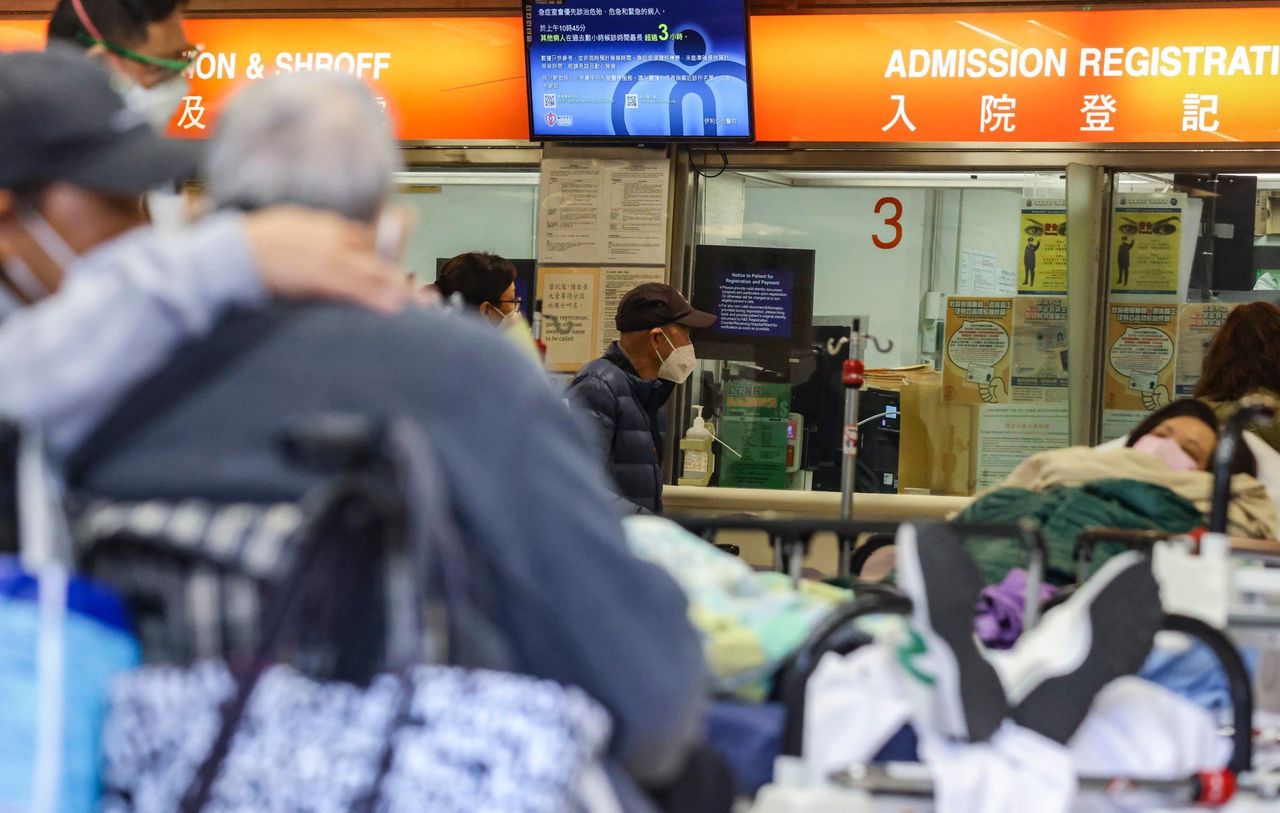Hong Kong News

Decades in the waiting, can we finally get our primary healthcare right?
Hong Kong’s Health Bureau recently published its Primary Healthcare Blueprint, a new report on the urgent need for healthcare reform, for people to lead “healthier and happier” lives. By my count, this is the 12th report on the imperative for reform since the first, massive “Health for All – The Way Ahead” report was published more than three decades ago.
The latest report has reached the same conclusion: we need to develop a comprehensive community-based primary care infrastructure to complement and take pressure off our secondary care infrastructure – our hospitals.
It echoes the findings of Our Hong Kong Foundation researchers in their “Fit for Purpose” report released in December 2018. It recommended pivoting “away from the current emphasis on hospital-based, specialist, episodic and acute care towards care in the community that is continuous, person-centred, and caters for the holistic needs of individuals [that] will transform the delivery and experience of care, and improve health outcomes and efficiency”.
The comfort to be found in the Health Bureau’s report is that, having accepted the case for enhanced primary care, and learned some lessons from the horribly handled pandemic, the government now has a blueprint of what a reformed primary care sector would look like.
As Secretary for Health Lo Chung-mau said in the blueprint’s preface, the government is focused on “changing people’s mindset from treatment-oriented to prevention-oriented” healthcare, and examining the “service delivery, governance, resources, manpower and technology” that would underpin the community-based primary sector of the future.
Its intentions are honourable: ensuring “accessible, comprehensive, continuing, coordinated and person-centred care”, prioritising illness prevention, providing one-stop care close to most homes, clear and reliable guidance on where to go if more specialist treatment is needed, reducing the need for constant hospital visits, and maintaining comprehensive and personalised healthcare records.
 Patients waiting at least three hours on average before being admitted
to the accident and emergency ward in Queen Elizabeth Hospital in
Kowloon on January 3. Better primary care infrastructure would mean
fewer hospital visits.
Patients waiting at least three hours on average before being admitted
to the accident and emergency ward in Queen Elizabeth Hospital in
Kowloon on January 3. Better primary care infrastructure would mean
fewer hospital visits.
Perhaps the most deep-seated concern is that, despite the lip service given to serving community needs, the blueprint seems to have all over it the fingerprints of the tiny elite group of “family physicians” who have for decades insisted they should provide the foundations for Hong Kong’s primary care sector.
It is quite right that family doctors should be at the heart of community-based primary care. But Hong Kong’s “family physicians” are members of the elite Hong Kong College of Family Physicians, which has a different, and far more exclusive, definition of who can be called a “family doctor”.
To become a member of the college requires an additional six years of study, at the end of which graduates quite reasonably demand much higher consultation fees.
In Britain, for example, family doctors are called general practitioners. They have often quite recently graduated. They are tasked to serve in convenient, community-based clinics that make it easy for families to address routine or chronic health issues, like guiding young mothers-to-be through pregnancy, providing vaccines, treating minor accidents or injuries, or serving the chronic but manageable needs of the older population.
They are a one-stop shop for anyone with a health concern, and a first port of call for people with more complex or serious conditions who can be forwarded reliably and speedily either to specialists, or in urgent instances to hospitals.
I want to say no ill of our family physicians. I am sure most take their duty of care very seriously, and deserve every dollar they earn. I am sure they will play an important part in the future primary healthcare sector.
But it is not appropriate that they sit so closely to the centre of designing it. Each clinic will serve a diversity of community roles, and it is our communities that should be at the heart of deciding what services they should need – bottom up, not top down.
These centres will need to be general repositories of knowledge and information about wellness in general, and specific health-related services in particular. They will require not just a dedicated general practitioner, but also dentists, physiotherapists, pharmacists, optometrists, podiatrists and highly professional nurses.
They will require occupational therapists and dietitians, and people who can counsel on good exercise regimes and general wellness. They will also need professionals who can deal with mental health in this, one of the world’s most stressful cities. Yet neither mental health nor wellness appeared in the blueprint.
Given these more general wellness-related roles, many community clinics could be co-located in our sports centres (we have 102, at last count) or even our swimming pools (we have 44). This would not only strengthen the centres’ links with wellness, and provide walking-distance access for visitors, but would save billions of dollars as we build our primary healthcare infrastructure – a significant concern for a government worried about the sharply rising healthcare costs in our rapidly ageing community.
After three decades of edging towards a world-class primary healthcare sector to match our impressive hospital-based secondary sector, it seems we are getting close to closure. Let’s get it right.











